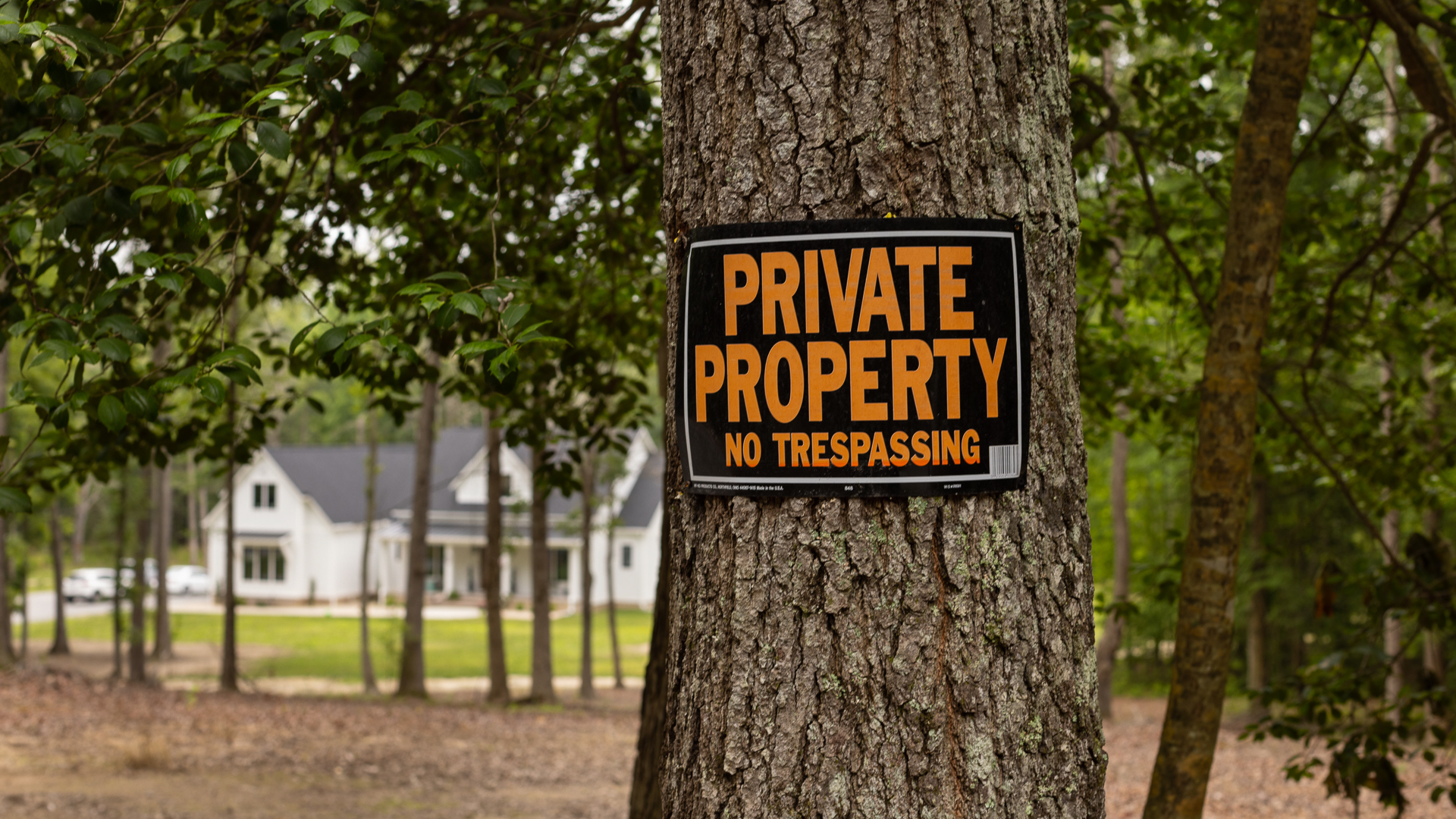1srelluc
Diamond Member
There’s been a number of stories lately of over-zealous game wardens crossing the line for the sake of protecting fish and game. It wasn’t too long ago that we reported on one hunter that had his buck mounts stolen by game wardens over some far-fetched, false accusations that ultimately didn’t go in the offending officers favor.
However, the latest news of officers overstepping their bounds comes out of Virginia where a landowner recently sued a game warden for stealing a trail camera off his own property.
There’s been a lot of controversy in recent years over whether or not state game wardens should have the right to trespass on a private landowner without first presenting a warrant. Regardless, that’s only one of the issues Virginia resident, Josh Highlander, took up with a local game warden. Not only did the warden come on to his property, but the officer stole a trail camera from Highlander’s food plot, located a short distance from his home.
Highlander is now teamed up with the Institute for Justice to sue the Virginia Department of Wildlife Resources for invading and taking his property.
While most Americans would think law enforcement needs a warrant to conduct surveillance on private land, the U.S. Supreme Court held nearly a century ago that the Fourth Amendment does not apply to “open fields.” But whether law enforcement can take a camera or other property without a warrant while searching an open field is legally questionable.

 www.bowhunting.com
www.bowhunting.com
In virtually every state in America, and every jurisdiction within the old British Empire before, law enforcement officials are allowed to ignore your private property signs.
It is called the "open fields" doctrine. The short of it, is that they can basically access your property with the exception of your curtilage at anytime.
The "bunny police" have particular powers in that regard here in Virginia.
The part that surprised me was they had three wardens involved.....In my AO they are so thin on the ground that two wardens cover three counties and mostly they troll the boat landings looking for the low hanging fruit of fishing violations.
However, the latest news of officers overstepping their bounds comes out of Virginia where a landowner recently sued a game warden for stealing a trail camera off his own property.
There’s been a lot of controversy in recent years over whether or not state game wardens should have the right to trespass on a private landowner without first presenting a warrant. Regardless, that’s only one of the issues Virginia resident, Josh Highlander, took up with a local game warden. Not only did the warden come on to his property, but the officer stole a trail camera from Highlander’s food plot, located a short distance from his home.
Highlander is now teamed up with the Institute for Justice to sue the Virginia Department of Wildlife Resources for invading and taking his property.
While most Americans would think law enforcement needs a warrant to conduct surveillance on private land, the U.S. Supreme Court held nearly a century ago that the Fourth Amendment does not apply to “open fields.” But whether law enforcement can take a camera or other property without a warrant while searching an open field is legally questionable.

VA Landowner Sues Game Warden For Stealing Trail Camera
A VA homeowner's law suit in court proves that wildlife agencies are being held accountable for crossing the line with landowners.
 www.bowhunting.com
www.bowhunting.com
In virtually every state in America, and every jurisdiction within the old British Empire before, law enforcement officials are allowed to ignore your private property signs.
It is called the "open fields" doctrine. The short of it, is that they can basically access your property with the exception of your curtilage at anytime.
The "bunny police" have particular powers in that regard here in Virginia.
The part that surprised me was they had three wardens involved.....In my AO they are so thin on the ground that two wardens cover three counties and mostly they troll the boat landings looking for the low hanging fruit of fishing violations.